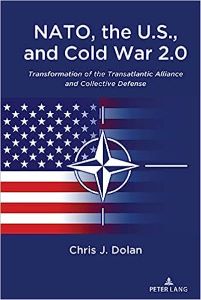 Copyright @ https://www.amazon.com
Copyright @ https://www.amazon.com
"An extraordinarily timely and germane assessment of the evolution of the transatlantic relationship and the identity and roles of the North Atlantic Treaty Organization (NATO) in the European, Eura-sian, Greater Middle Eastern, and broader global security architecture in the wake of Russia's inter-vention in (and conduct of a war of choice against) Ukraine beginning in February 2022. Most sig-nificantly, the book is instructive in situating the historical strains of cooperation and discord be-tween the United States and its European allies within shifting strategic and geopolitical environ-ments that demand balance and in safeguarding often interconnected threats posed by global and regional adversaries, most notably Russia, China, Iran and North Korea on one hand, and transna-tional challenges such as climate change, cybersecurity, and Islamist extremist driven terrorism on the other. Further, the author is adept in identifying and explaining the links between those threats emphasized in the 2022 NATO Strategic Concept and the daunting challenges in achieving the req-uisite transatlantic unity to manage them effectively." --Robert J. Pauly, Jr., Professor of Interna-tional Development, The University of Southern Mississippi
"This is a timely contribution to deepen our understanding of how Russian and Chinese offensive maneuvers, along with the security risks posed by the current pandemic, climate change, terrorism, migration, and threats posed by hybrid war-fare are shaping NATO's strategic reorientation. Dolan also recognizes the internal threats to liberal democracies, namely the rise of illiberal political forces, in NATO member states and the challenges they pose to the Euro-Atlantic alliance. The book is clearly organized and includes the author's recommendations for NATO's effective path forward." --S. Mohsin Hashim, Professor of Political Science, Muhlenberg College
Chris Dolan (PhD, University of South Carolina) is Professor and Director of the Masters of Sci-ence in Intelligence and Security Studies at Lebanon Valley College. He is a two-time Fulbright U.S. Scholar (Kosovo; North Macedonia) and recipient of the Thomas Vickroy Distinguished Teaching Award..... Read more
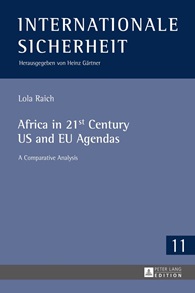 Copyright: https://www.peterlang.com/document/1050154
Copyright: https://www.peterlang.com/document/1050154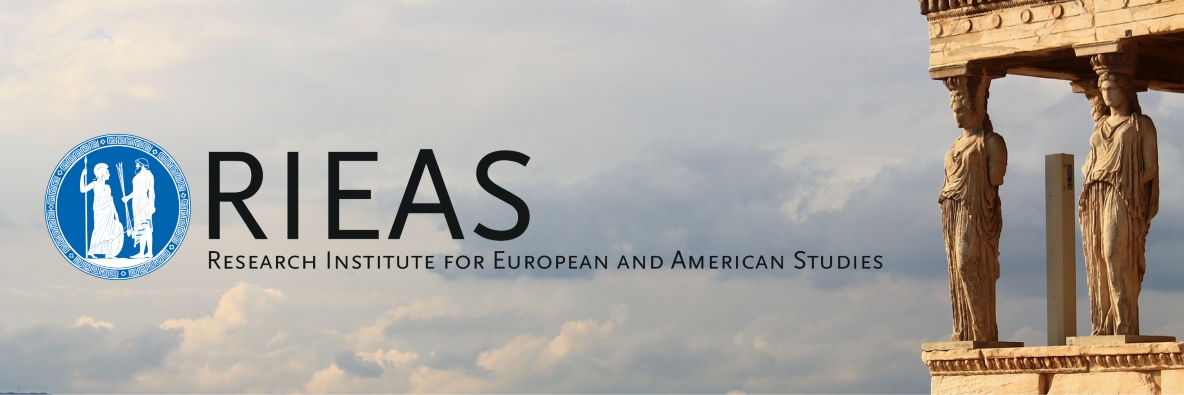
 Copyright:
Copyright:  Copyright @ 2023
Copyright @ 2023 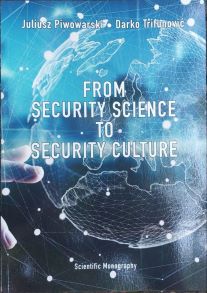 Copyright @ 2023 RIEAS - Research Institute for European and American Studies, Athens, Greece and INIS- Institute for National and International Security, Belgrade, Serbia.
Copyright @ 2023 RIEAS - Research Institute for European and American Studies, Athens, Greece and INIS- Institute for National and International Security, Belgrade, Serbia.  Copyright @
Copyright @  Copyright @
Copyright @  Copyright:
Copyright:  Copyright: 2023 @
Copyright: 2023 @  Copyright @ 2020
Copyright @ 2020 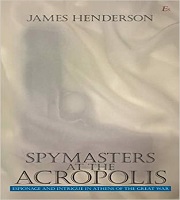 At the Great War raged in Europe, Athens, the city of the Acropolis, turned into a place of violence and political intrigue where nothing was or could be kept secret. This book reveals the activities of British, German, and French spymasters in 1914-1918. All spymasters, overzealous and amateurs, were involved in countless real and imagined plots at a time of constitutional crisis. The Anglophile Prime Minister Eleftherios Venizelos insisted that Greece join the Entente against the central powers. King Constantine demanded Greece remain neutral, to the strategic advantage of Kaiser Wilhelm II, whose sister, Sofia, he had married.
At the Great War raged in Europe, Athens, the city of the Acropolis, turned into a place of violence and political intrigue where nothing was or could be kept secret. This book reveals the activities of British, German, and French spymasters in 1914-1918. All spymasters, overzealous and amateurs, were involved in countless real and imagined plots at a time of constitutional crisis. The Anglophile Prime Minister Eleftherios Venizelos insisted that Greece join the Entente against the central powers. King Constantine demanded Greece remain neutral, to the strategic advantage of Kaiser Wilhelm II, whose sister, Sofia, he had married. Dr. Ioannis P. Sotiropoulos demonstrates scientific precision and methodological rigor, producing a work that can be ranked among the most important on the Afghanistan issue. The work of Sotiropoulos contributes decisively to the clarification of the causes of the soviet intervention in Afghanistan, since, among other things, he reconstructs with precision, patience and meticulous documentation the timeline of the decision-making by the official bodies of the Soviet Union, within the geopolitical framework of the Cold War. ...
Dr. Ioannis P. Sotiropoulos demonstrates scientific precision and methodological rigor, producing a work that can be ranked among the most important on the Afghanistan issue. The work of Sotiropoulos contributes decisively to the clarification of the causes of the soviet intervention in Afghanistan, since, among other things, he reconstructs with precision, patience and meticulous documentation the timeline of the decision-making by the official bodies of the Soviet Union, within the geopolitical framework of the Cold War. ...  “Russia Wagner Militia, Chechen Fighters, and Nazification of Ukraine”,
“Russia Wagner Militia, Chechen Fighters, and Nazification of Ukraine”,